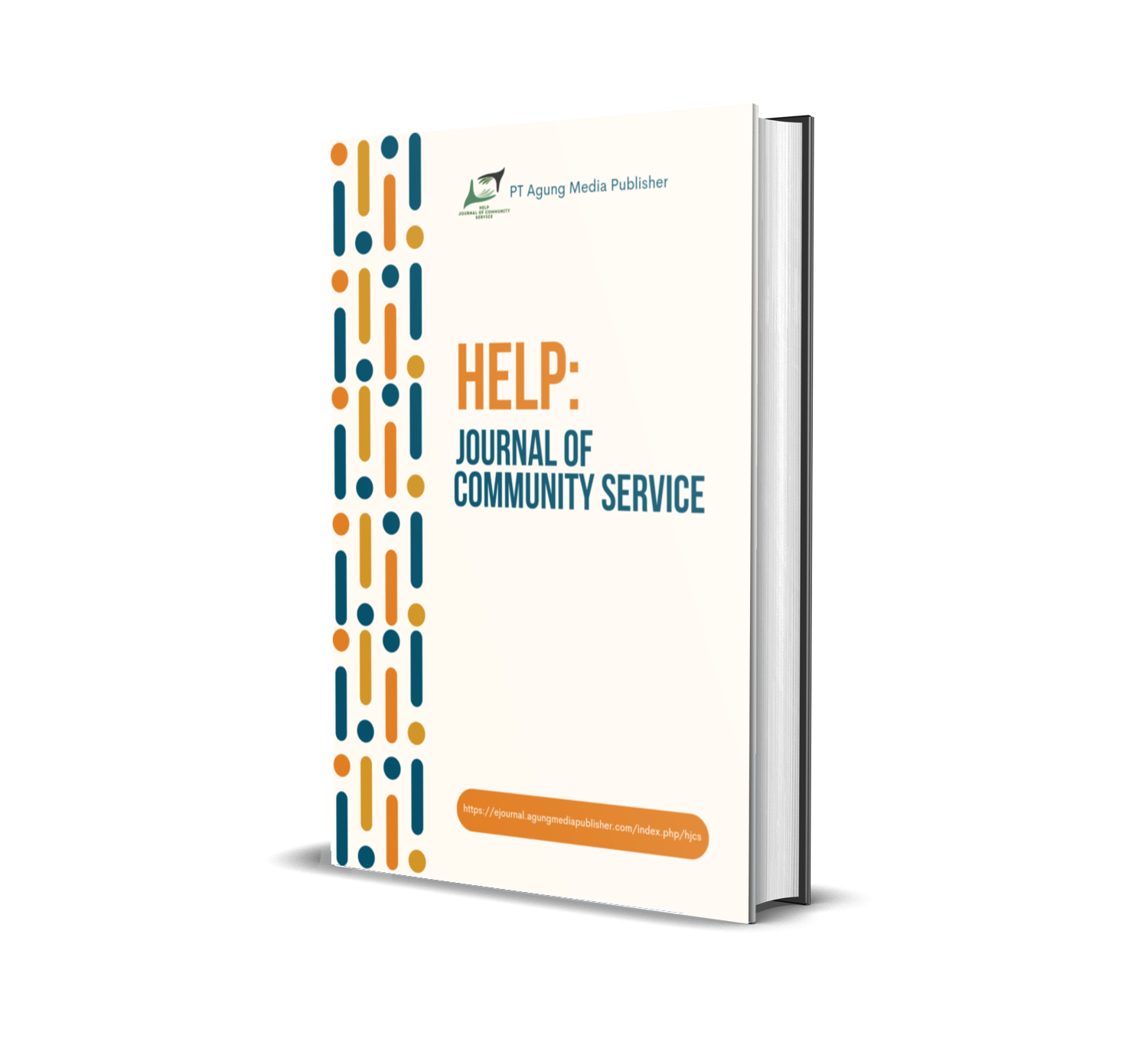Influence Of Micro-Aggression As Barriers In Knowledge Acquisition And Academic Performance Among Youth
Main Article Content
Abstract
A micro aggression is an indirect and unintentional discrimination against members, people commits micro aggression against others. This study looks into the complex interactions between microaggressions and how they affect young people's learning and academic achievement. Due to their widespread occurrence in a variety of social circumstances, microaggressions subtle and frequently inadvertent acts of bigotry or prejudice have drawn a lot of attention recently. Even though they seem harmless, microaggressions can seriously impair young people's educational experiences, making it more difficult for them to learn new things and achieve academic success. Using an analysis of the body of research, this study investigates the various ways that microaggressions occur in educational environments and the harm they cause to young people. It looks at how these small acts of discrimination lead to the building of barriers that obstruct learning and academic accomplishment by using a critical lens. Additionally, the research explores the psychological mechanisms by which microaggressions function, including how they contribute to young people's emotions of impostor syndrome, marginalization, and stereotype threat. In addition, this study explores the intersections between microaggressions and a range of social identities, including socioeconomic class, gender, color, and ethnicity. It does this to show how these encounters affect young people differently in different ways. Additionally, it looks at the structural causes of the persistence of microaggressions in educational settings and considers various approaches to lessen their impact and promote inclusive learning environments.
Downloads
Article Details
Section

This work is licensed under a Creative Commons Attribution-ShareAlike 4.0 International License.
You are free to:
- Share — copy and redistribute the material in any medium or format for any purpose, even commercially.
- Adapt — remix, transform, and build upon the material for any purpose, even commercially.
- The licensor cannot revoke these freedoms as long as you follow the license terms.
Under the following terms:
- Attribution — You must give appropriate credit , provide a link to the license, and indicate if changes were made . You may do so in any reasonable manner, but not in any way that suggests the licensor endorses you or your use.
- ShareAlike — If you remix, transform, or build upon the material, you must distribute your contributions under the same license as the original.
- No additional restrictions — You may not apply legal terms or technological measures that legally restrict others from doing anything the license permits.
Notices:
You do not have to comply with the license for elements of the material in the public domain or where your use is permitted by an applicable exception or limitation .
No warranties are given. The license may not give you all of the permissions necessary for your intended use. For example, other rights such as publicity, privacy, or moral rights may limit how you use the material.
How to Cite
References
Abdussamad, H. Z., & Sik, M. S. (2021). Metode penelitian kualitatif. CV. Syakir Media Press.
Attamimi, Z. F., Disemadi, H. S., & Santoso, B. (2019). Prinsip syariah dalam penyelenggaraan bank wakaf mikro sebagai perlindungan hak spiritual nasabah. Jurnal Jurisprudence, 9(2), 117–132.
Batubara, Y. (2021). Fitur transaksi platform gojek: Paylater dalam tijauan hukum islam dan fatwa no. 116/dsn-mui/iix/2017 tentang uang elektronik syariah. El-Mashlahah, 11(1), 60–77.
Creswell, J. W. (2010). A. Metodologi Penelitian.
Firdausi, N. A., & Herianingrum, S. (2020). Prinsip Ekonomi Islam Dan Implementasinya Dalam Keuangan Rumah Sakit (Studi Kasus Pada Rs Siti Khodijah Muhammadiyah Cabang Sepanjang Sidoarjo). Jurnal Ekonomi Syariah Teori Dan Terapan, 7(2), 207–221.
Gani, A. A. (2022). PENERAPAN PRINSIP EKONOMI SYARIAH DALAM INDUSTRI KEUANGAN GLOBAL: SEBUAH KAJIAN LITERATUR. Jurnal Ilmu Akuntansi Dan Bisnis Syariah (AKSY), 4(1), 203–214.
Hasibuan, S. W., Masrifah, A. R., Latifah, E., Djahri, M. B. M., Dewindaru, D., Shalihah, B. M., Taufik, M., Triyawan, A., Indirayuti, T. Y., & Mubarrok, U. S. (2021). Metode Penelitian Ekonomi Islam. Media Sains Indonesia.
Ibrahim, R. M., Desintha, S., & Wahab, T. (2021). Perancangan Website Rencangan Mengenai Manajemen Keuangan Berdasarkan Prinsip Ekonomi Syariah Bagi Remaja Di Kota Bandung. EProceedings of Art & Design, 8(6).
Idri, H. (2023). Prinsip-prinsip ekonomi Islam. Prenada Media.
Latifah, E. (2023a). Dampingan Literasi Keuangan Syariah Bagi Lembaga Keuangan Mikro Syariah Di Desa Paciran Kecamatan Paciran Kabupaten Lamongan. Jurnal Pengabdian Masyarakat Sabangka, 2(01 Januari), 273–279.
Latifah, E. (2023b). The Role of Fintech (Financial Technology) in the Mobile Banking-Based Non-Cash Payment System (Actionspay) in Islamic Microfinance Institutions. 1(1).
Latifah, E., & Paulina, N. (2019). The Concept Of Sharia Finance That Is An Islamic Microfinance Institution. Madinah: Jurnal Studi Islam, 6(1), 1–11.
Marginingsih, R. (2021). Financial Technology (Fintech) Dalam Inklusi Keuangan Nasional di Masa Pandemi Covid-19. Moneter-Jurnal Akuntansi Dan Keuangan, 8(1), 56–64.
Mukhid, A. (2021). Metodologi penelitian pendekatan kuantitatif. Jakad Media Publishing.
Ningsih, E. S., Mayasari, B., ST, S., Susiyanti, B. E., ST, S., Ramli, N., SiT, S., Anggraeni, W., ST, S., & Fitriani, S. (2023). Konsep Kebidanan. RIZMEDIA PUSTAKA INDONESIA.
nurfadhilah Syifa, S., Saripudin, U., & Hadiyanto, R. (2022). Tinjauan Fikih Muamalah dan Fatwa DSN MUI Nomor 116/DSN-MUI/IX/2017 tentang Praktek E-Wallet. 2(1), 114–121.
Putri, S., & Radiman, R. (2022). Peluang dan Tantangan Financial Technology (Fintech) dalam Sistem Pembayaran Berbasis QRIS Pada UMKM di Kecamatan Medan Kota. AGHNIYA: Jurnal Ekonomi Islam, 4(2), 148–159.
Sangadji, E. M., & Sopiah, S. (2010). Metodologi Penelitian Pendekatan Praktis dalam Penelitian. Yogyakarta: CV Andi Offset.
Semiawan, C. R. (2010). Metode penelitian kualitatif. Grasindo.
Takdir, A. (2021). Inovasi Keuangan Digital Islamic Network (DIN) Terhadap Optimalisasi Pelayanan Jasa Perbankan Di Era Digital (Studi Kasus Bank Muamalat). Islamic Banking and Finance, 1(2), 103–118.


